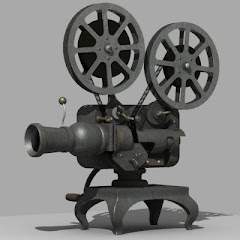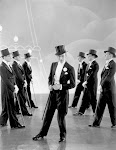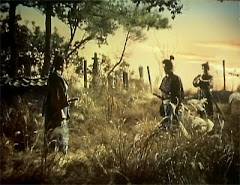 "Why, the most monstrous of all hypocrites are these bears: hypocrites by inversion; hypocrites in the simulation of things dark instead of bright; souls that thrive, less upon depression, than the fiction of depression; professors of the wicked art of manufacturing depressions; spurious Jeremiahs; sham Heraclituses, who, the lugubrious day done, return, like sham Lazaruses among the beggars, to make merry over the gains got by their pretended sore heads—scoundrelly bears!"
"Why, the most monstrous of all hypocrites are these bears: hypocrites by inversion; hypocrites in the simulation of things dark instead of bright; souls that thrive, less upon depression, than the fiction of depression; professors of the wicked art of manufacturing depressions; spurious Jeremiahs; sham Heraclituses, who, the lugubrious day done, return, like sham Lazaruses among the beggars, to make merry over the gains got by their pretended sore heads—scoundrelly bears!""You are warm against these bears?"
"If I am, it is less from the remembrance of their stratagems as to our stock, than from the persuasion that these same destroyers of confidence, and gloomy philosophers of the stock-market, though false in themselves, are yet true types of most destroyers of confidence and gloomy philosophers, the world over. Fellows who, whether in stocks, politics, bread-stuffs, morals, metaphysics, religion—be it what it may—trump up their black panics in the naturally-quiet brightness, solely with a view to some sort of covert advantage. That corpse of calamity which the gloomy philosopher parades, is but his Good-Enough-Morgan."
"I rather like that," knowingly drawled the youth. "I fancy these gloomy souls as little as the next one. Sitting on my sofa after a champagne dinner, smoking my plantation cigar, if a gloomy fellow come to me—what a bore!"
"You tell him it's all stuff, don't you?"
"I tell him it ain't natural. I say to him, you are happy enough, and you know it; and everybody else is as happy as you, and you know that, too; and we shall all be happy after we are no more, and you know that, too; but no, still you must have your sulk."
"And do you know whence this sort of fellow gets his sulk? not from life; for he's often too much of a recluse, or else too young to have seen anything of it. No, he gets it from some of those old plays he sees on the stage, or some of those old books he finds up in garrets. Ten to one, he has lugged home from auction a musty old Seneca, and sets about stuffing himself with that stale old hay; and, thereupon, thinks it looks wise and antique to be a croaker, thinks it's taking a stand-way above his kind."








.jpg)





